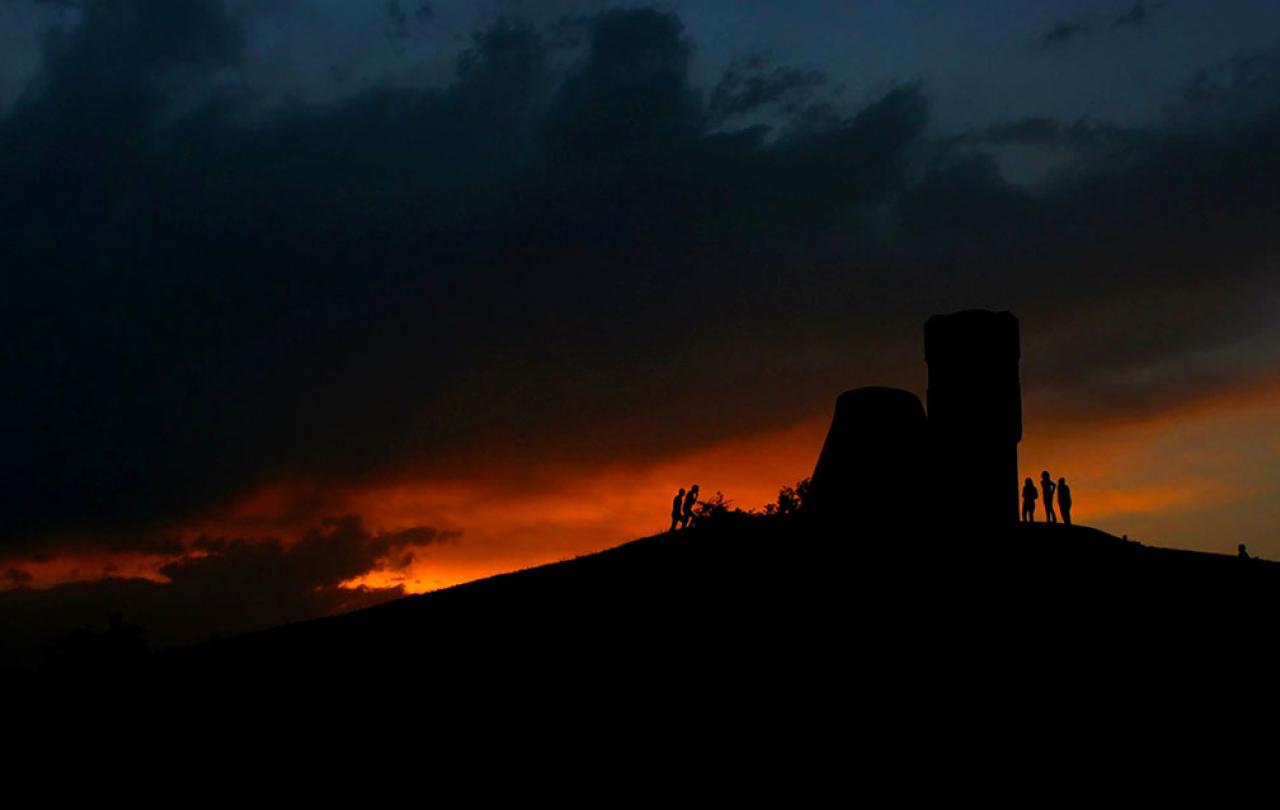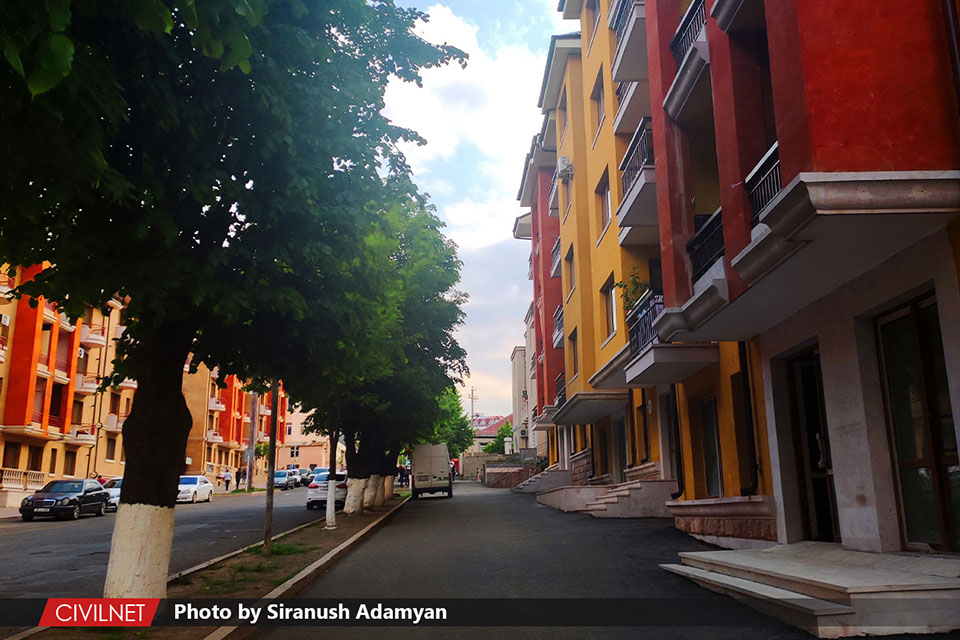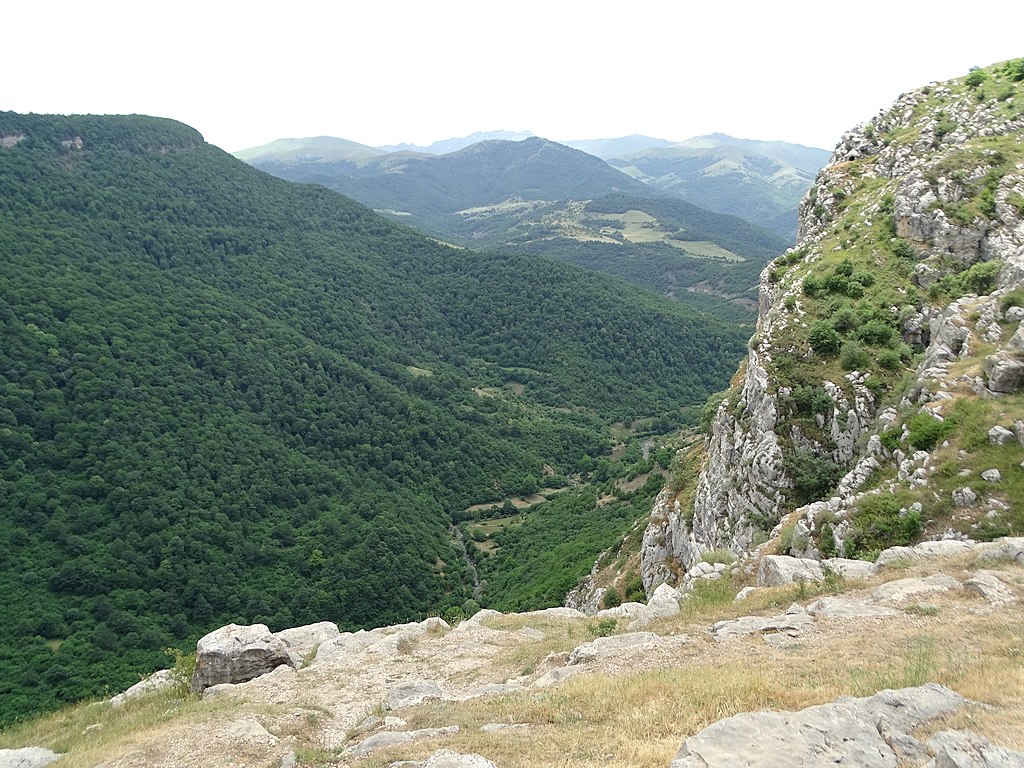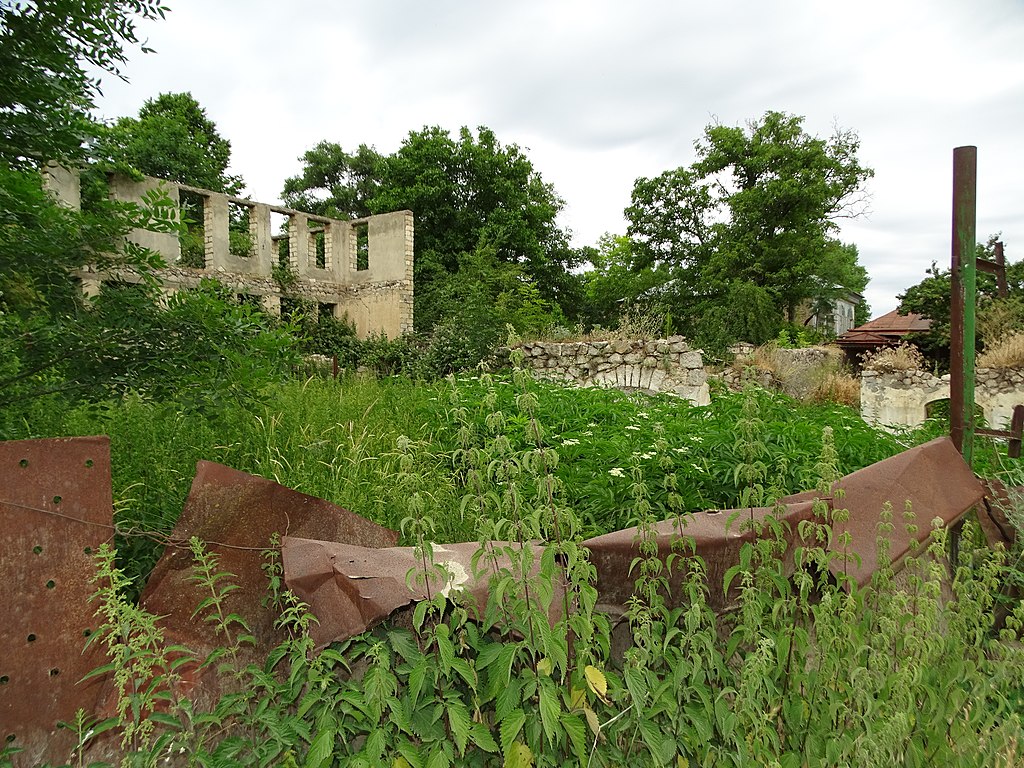
The Ghost of Christmas cranberries past
I am haunted by a Christmas ghost. But mine isn’t Jacob Marley weighed down with chains. It’s Nigella Lawson, and she comes carrying cranberries. One merry Yuletide many moons ago, I made the mistake of cooking, thanks to Nigella, what my family largely agree to be the best cranberry sauce ever. It was easy. I just followed the recipe, and a delicious sauce was born. Unfortunately, I have never been able to repeat the feat. Every year I return to the same recipe, in the same kitchen, with staggeringly different results. Results which my family, who have always been a bit too kind for their own good, insist on eating out of some perverted sense of duty. Over the last half decade, we have basically invented a new Christmas tradition: pop the crackers, don the hats, supress the gag-reflex while consuming the annual plate of silage masquerading as cranberry sauce.
Christmas is a time for ghosts, and not just the cranberry flavoured ones. It might be the empty chair at the table. It may be the memory of happier times. It could be a year of losses and regrets. But there is a darkness to Christmas that the fairy lights and tinsel can’t quite conceal. There’s a shadow under the Christmas tree that we’d rather not acknowledge.
For some people the most difficult thing about Christmas is the requirement to spend time with family. It is one of the few times in the year we run the gauntlet of being thrown together for an extended period of time in a confined space with a bunch of people who may not be our first choice of company. We may have a common biology, or a common history, but we may not have much in common beyond that.
Most Christmases are not haunted by the spooky ghosts that send a shiver down our spine. They’re more often harried by the mundane phantoms of broken promises, unsaid words, and the seething resentments that lie dormant in any group of people with a shared past. Sometimes there is one person we don’t want to be left alone with: the critical mother, the lying ex, the uncle who thinks the governments of the world are a front for a secret cabal of paedophile lizards. Whether they scare us, infuriate us, or bore us- we’d rather steer clear. It’s no wonder that for some of us, Christmas with family is not an appealing prospect.
To hear some people talk in January, you’d think they’d gone to purgatory for Christmas. All the festive trappings leave them feeling, um… trapped.
Trapped by the Christmas trappings
To hear some people describe the suffocating sense of confinement they feel when forced to spend time with their family is to be treated to a picture-perfect case study of learned helplessness. This psychological concept became famous following a series of distressing lab studies carried out in the mid-1960s. The experiments involved placing lab dogs in a cage with a wire mesh floor that could deliver painful electric shocks through their feet. For one set of animals the lid of the cage was open – as soon as the voltage was turned on, they leapt over the walls of the cage away from the pain. Other dogs received the same excruciating electrocution treatment, but for them the lid of the cage was closed – no matter how much they tried there was no escape.
After this initial training, the dogs were then placed in the cage again, but this time the lid was open for all of them. The dogs who’d been trained in the open-lid cage, leaped out and away from the electric shock as they had done previously. But – and this is the really distressing bit – the dogs who had previously experienced the inescapable pain of the closed-lid cage, failed to move a muscle. Even when they could escape, they didn’t. Freedom from electric shocks was only a short leap away, and yet they lay down and took the pain as if they could do nothing about it. It was a brutal experiment. Even those who conducted it have written about it since with a palpable air of embarrassment. But it birthed the concept of learned helplessness, the idea that we can be conditioned to act as if we can do nothing to change painful situations – even when we can.
It probably seems a bit much to equate Christmas at home with being electrocuted like an imprisoned dog. But to hear some people talk in January, you’d think they’d gone to purgatory for Christmas. All the festive trappings leave them feeling, um… trapped.
Even the most dysfunctional families fail to keep it up and lapse into moments of hilarity, peace, or occasionally even love.
Three thoughts to turn a drama into a crisis
The difference with human beings though, is that unlike dogs, our helplessness is not just conditioned, it is learned and maintained by the way we interpret the world around us. We are not trapped just by what happened in the past, but by how we view the present. There is an unholy trinity of thoughts that are guaranteed to turn the usual family drama into a crisis.
First, take it personally. Instead of thinking your family (like most families) can be a bit weird and anyone would struggle to get on with them at times, convince yourself that their eccentricities say something really hideous about you. Spending time with these people makes you a worthless, useless, failure – or whatever other creative insights your inner critic has gift-wrapped for you this season.
Second, make sure you ignore anything good. The thing about being human is that we can’t do anything perfectly. We’re not even very good at being bad. Even the most dysfunctional families fail to keep it up and lapse into moments of hilarity, peace, or occasionally even love. We can be quite good at ignoring these bits though.
Third, imagine it’s going to last forever. It’s true all good things come to an end. But to be honest, all bad things come to an end too. Our least favourite Christmas gatherings may feel interminable, but they only get worse if we keep telling ourselves, we’re stuck in the land that time forgot.
These are the three patterns of thought that, more than anything, induce a sense of brain-fogging ineffectiveness at the thought of joining the family at Christmas. If we find ourselves wishing we were somewhere else, or wishing everyone else was somewhere else, we’ve probably succumbed to the three attributions that make up learned helplessness. In more technical language, we see the challenges that confront us as personal, global, and stable.
And speaking of stables… (yes, I really did just do that).
When God got a family
Most contemporary scholars now agree that Jesus wasn’t born in a stable, at least not in the way we think of stables. It’s more likely that he and his family were accommodated in a single storey dwelling where the humans slept on a raised section and the animals on the ground. Apparently, it wasn’t even that unusual for a manger to make do as an improvised crib- a bit like those baby carriers that double up as a car seat.
But putting aside the stables and the mangers for a moment, what we do celebrate at Christmas is the mysterious moment in history when God became human. Not the moment Jesus appeared as a human-being-in-general floating ethereally above the global population, but the moment God became a specific human being. Developmental psychologist Donald Winnicott once said: there is no such thing as baby. He meant that to be born is to be thrown into a context we did not choose for ourselves. We emerge into the world as the product of a complex biological and social network, in which we are embedded, and without which we would not survive. The family that is currently doing our head in, is the family without whom we would not have a head in the first place. So, when we sing sweet carols to the baby Jesus, we’re actually celebrating the moment God got a family.
Even more than that, to have any family is to have, specifically, your family. To be human is to be specified. You are this person, in this body, in this place, at this time, in this culture, in this family… this Christmas. There is no other You available other than this. When learned helplessness gets the better of us, we can succumb to the illusion that we would have been better if we’d emerged from some other family, any other family. We can be so lost in the dream of the family we don’t have that we fail to see the family we do. And in doing so, we deprive ourselves of the freedom and triumph that come when skilful adults respond to challenging situations.
So, this Christmas how about trying on a few new beliefs for size? You belong to your family, but they don’t define you. They may be your history, but they don’t have to be your destiny. Your time with them won’t last forever, but you may regret it if you don’t make the most of it while it lasts. They may be painful, but there are still moments of goodness to be found in their company.
In part two, we’ll think about just what those good things might be.









